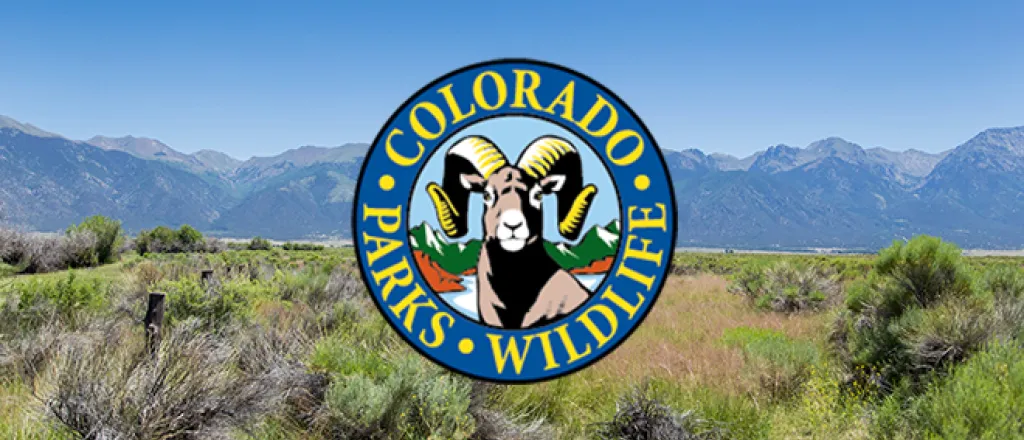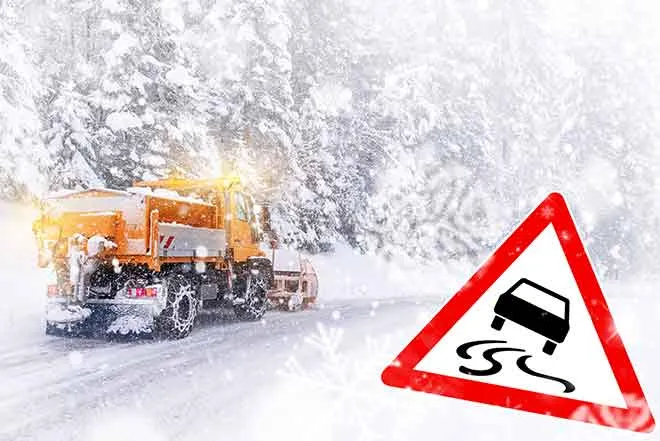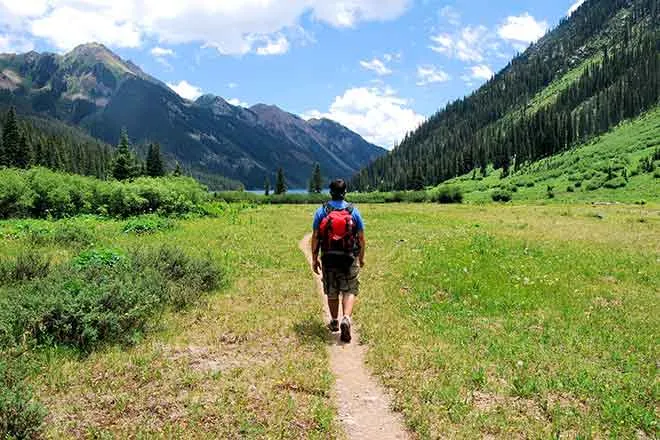
Boating, state park, and wildlife safety tips for Memorial Day weekend
Coloradans and out-of-state visitors play an integral role in keeping Colorado state parks clean, respecting local wildlife, and making the outdoors safer to explore.
Ahead of the holiday weekend, Colorado Parks and Wildlife encourages state park visitors to act as stewards for the state’s land, wildlife, and water by balancing outdoor recreation with mindful conservation.
Below are a few tips on how to recreate responsibly to help you have a safe and enjoyable outdoor experience.
Know Before You Go
Colorado weather is unpredictable, and conditions change constantly. May weather in Colorado brings melting snowpacks, muddy trails, thinning ice, cold water temperatures, and strong currents on reservoirs and rivers.
- Check the weather where you plan to explore and change your outdoor plan based on the forecast. Follow travel advisories to avoid hazardous conditions and a search and rescue operation.
- Camping reservations are required at Colorado state parks.
- Expect lines and potential gate closures on a holiday weekend. Use the CPW Park Finder Tool to discover outdoor activities at each state park and learn about park or trail closures.
- If your desired trailhead is crowded or closed, download the COTREX app to find a list of outdoor opportunities in surrounding areas.
Life Jackets Save Lives
The majority of water-related fatalities happen when people are swimming in cold water and paddle boarding or kayaking while not wearing a life jacket.
- Wear a life jacket.
- Dress accordingly and protect yourself from the dangers of cold water shock. Regardless of your age or experience level, cold water can quickly create a drowning emergency.
- Paddle boards and kayaks are considered vessels, and life jacket requirements apply.
- Heavy rain or snow melting in nearby mountains can raise water levels quickly and without notice. Check river flows at https://dwr.state.co.us/Tools/Stations.
- Only boat or paddle in water conditions you are comfortable and confident in.
- Boat, raft with a buddy, and avoid floating alone, especially during high flows.
- For recreationists who want to go rafting but are uncomfortable navigating more challenging water conditions, CPW recommends hiring a Colorado-licensed river outfitter guide to help facilitate the outdoor opportunity.
“On the surface, rivers and streams can seem calm, warm, or shallow. But even the most experienced outdoor enthusiasts can become victims to deceptively strong currents, cold water temperatures, and unexpected changes in depth,” said Michael Haskins, River Outfitter Licensing and Swiftwater Investigator. “You should always wear a life jacket, paddle with a buddy, know your limitations, and scout rapids before floating them.”
Keep Wildlife Wild
Late spring and early summer are sensitive times for wildlife, as many species nest, have young, or emerge from hibernation.
- Do not feed or approach young wildlife.
- Be ‘bear aware’ on trails and while camping to help reduce human-bear conflicts.
- Keep dogs leashed on trails to prevent them from chasing wildlife.
- If you see wildlife that appears sick or injured, leave it alone. Call your local Colorado Parks and Wildlife office and ask a trained wildlife officer for guidance.
Be Careful with Fire
Although parts of Colorado have received high moisture levels this year, drought conditions still impact whether campfires are allowed or restricted in certain areas.
- Check fire restrictions or bans at www.coemergency.com.
- Use designated campfire areas when allowed and available.
- Put fires out with water until you can touch the embers.
- Never leave a campfire unattended.

















